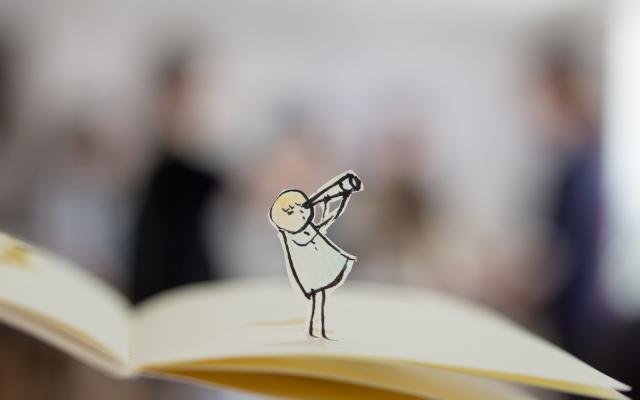Al eeuwenlang leggen studenten aan het einde van hun opleiding tot arts de eed van Hippocrates af. De tekst van de artseneed is in de loop der tijd echter flink aangepast. Zo komt in de huidige Nederlandse versie niet meer de belofte voor dat de arts degene die hem of haar het vak geleerd heeft, zal eren en zo nodig zal onderhouden.1 In afgezwakte vorm komt die belofte nog wel voor in de artseneed van enkele andere landen. Zo staat in de Belgische tekst van de eed dat de arts zijn leraars en meesters de achting en dankbaarheid zal betonen die hun verschuldigd zijn (http://nl.wikipedia.org/wiki/Artseneed). In de Engels-Amerikaanse versie staat dat de arts de moeilijk verworven wetenschappelijke verdiensten van zijn leermeesters zal respecteren en dat hij zelf verworven kennis weer zal delen met zijn leerlingen.2 Hier tekent zich een cultureel verschil af. Voelen wij ons in Nederland minder…
Hippocrates in het tijdperk van de 'reality-tv'

- At the end of their studies, physicians take the Hippocratic Oath. Medical and societal changes have meant that the oath has been altered over time. The oath still stipulates that the privacy of the patient should be respected. These days there is increased pressure on physicians and institutions to breach the duty of professional confidentiality. However, physicians themselves should also consider being more careful when talking about their patients outside the consulting room. They should definitely be aware of their responsibilities when participating in a reality series on television. In addition, medical information that is disclosed on Internet videos may negatively affect patients and physicians. Medical openness is commendable, but negligence may lead to loss of respect.
Ned Tijdschr Geneeskd. 2008;152:785-6




Reacties